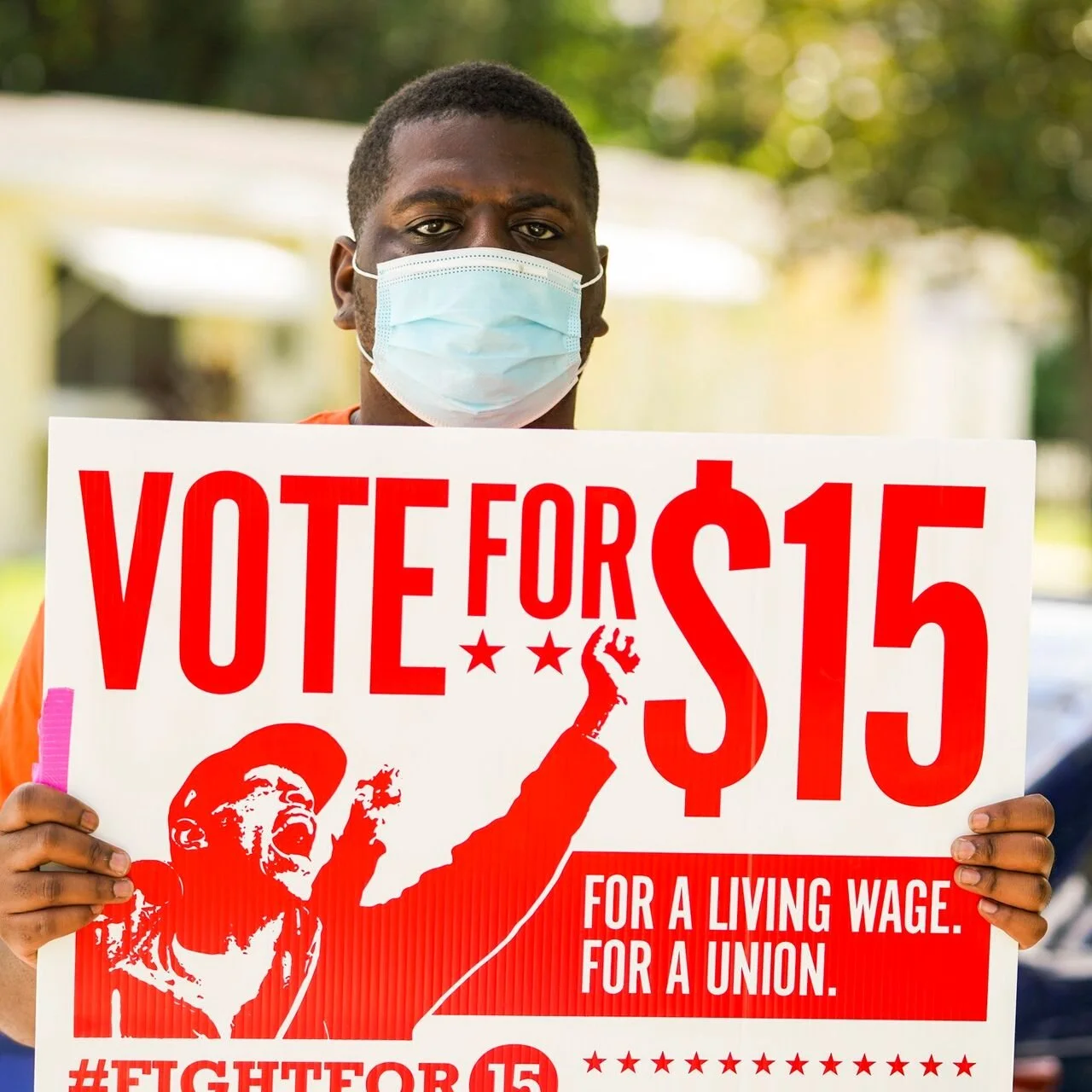OP-ED: Raising the Minimum Wage: How does it affect us?
Casey Lei ‘24
Whether it is to save up for college or to go on vacation with friends, most Americans have worked a minimum wage job when they needed quick money. Recently, there has been talk about raising the federal minimum wage to $15. Although many states like New York and California already have a higher minimum wage than the current federal minimum of $7.25, some states are still stuck at the $7.25 level that was instituted in 2009. The Raise the Wage Act has recently been introduced, and it entails gradually raising the minimum wage to $15 by 2025. Before arguing for or against the passing of the Raise the Wage Act, it is important that we consider the implications raising the minimum wage.
Raising the minimum wage comes with advantages. One advantage is that it will help pull many American families out of poverty. Especially for families who may not have had access to higher education, minimum wage jobs are how some families support themselves. Additionally, many of our frontline workers are minimum wage workers, and they deserve just compensation for helping our nation flourish, especially during the current pandemic. Statistics show that approximately 21% of the American workforce would benefit from a raise to $15. Raising the minimum wage also seeks to decrease the number of Americans who rely on social benefits programs to get by. This would allow the government to better allocate its money and better help Americans who need assistance. Many business groups such as the American Sustainable Business Council and employers including Amazon have also shown support for a $15 minimum wage.
However, raising the minimum wage also comes with consequences. One consequence of raising the minimum wage is that there might be a decrease in employment, especially among teenagers because employers may opt to hire employees with more experience. In addition to being great for gaining invaluable workplace skills, minimum wage jobs are great ways for teens to support themselves and learn about financial management at a young age. With a rise in the minimum wage, there may be less opportunities for teens of future generations to take. Another disadvantage is that some businesses may have to make drastic changes to support a raise in the minimum wage. In an interview with the Wall Street Journal, chief executive of Ohio-based restaurant chain Buffalo Wings & Rings, Nader Masadeh, says that teens make up 25% of the restaurants’ staff, and if the federal minimum wage goes up, the first step is to increase menu prices. Afterwards, the second step is to cut staff, and teens will be let go first. Masadeh says “employers will not be able to afford to hire unskilled and inexperienced workers.” This proves that a raise in the minimum wage will harm low-skill workers.
We are overdue change. The federal minimum wage has been stuck at $7.25 for 12 years now. It is clear that the pros outweigh the cons. Although raising the minimum wage comes with issues such as lower employment and increased pressures on small businesses, it will help reverse decades of growing pay equality, especially for minorities like women and people of color. Our nation will see a decrease in poverty while seeing a surge in economic security. The future is looking optimistic, especially if the Raise the Wage Act is passed.
Resources:
https://www.wsj.com/articles/15-an-hour-minimum-wage-could-further-sting-teen employment-11616837401
https://www.epi.org/publication/why-america-needs-a-15-minimum-wage/


